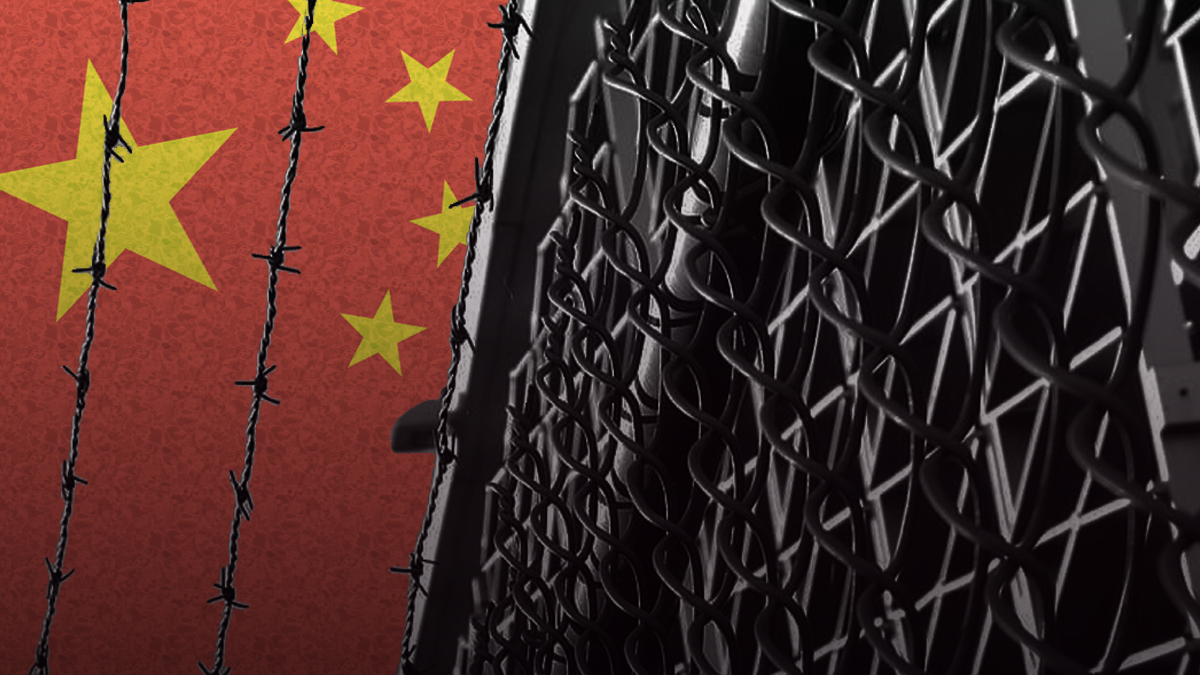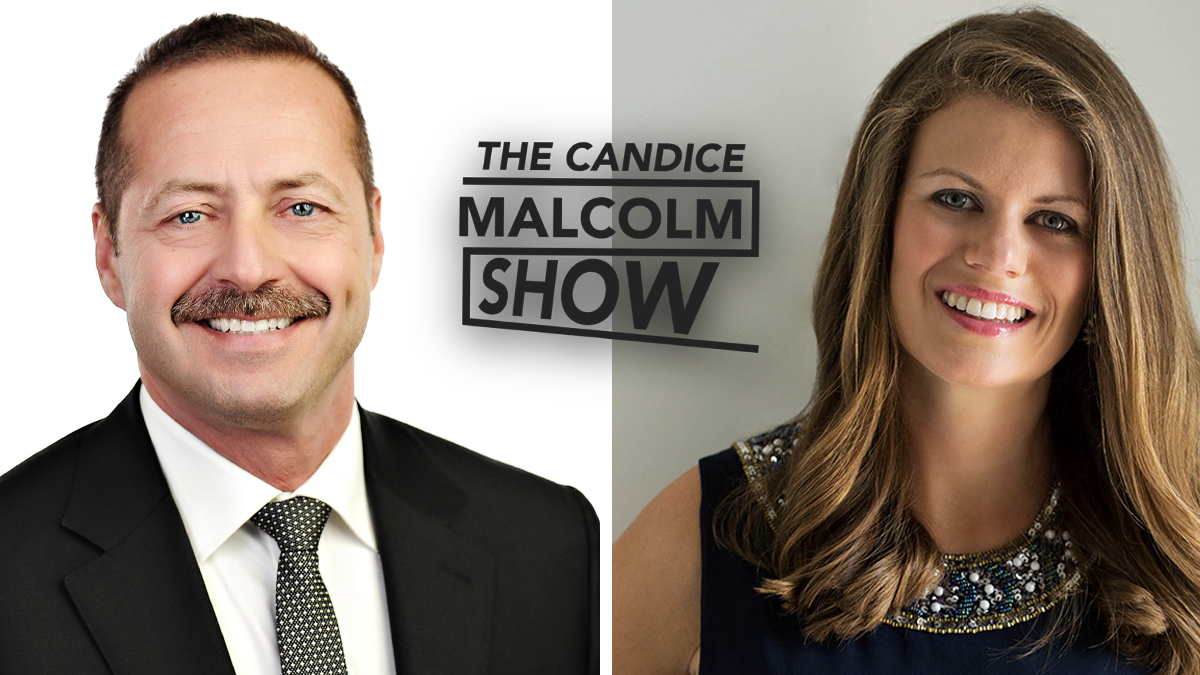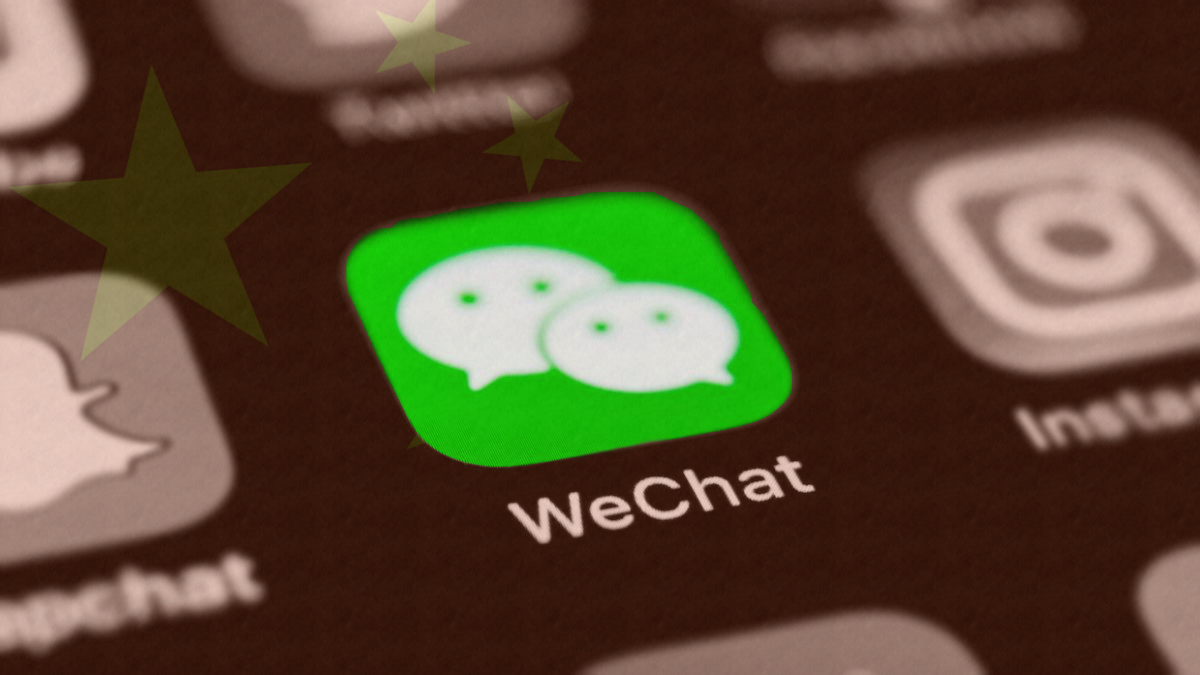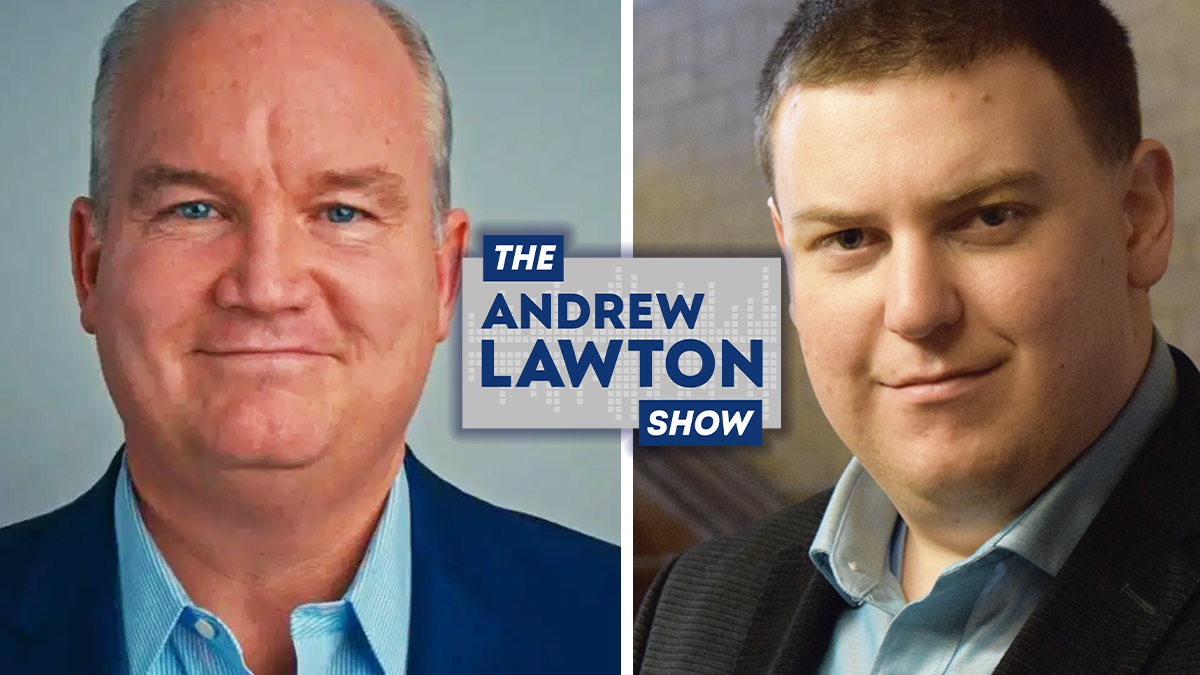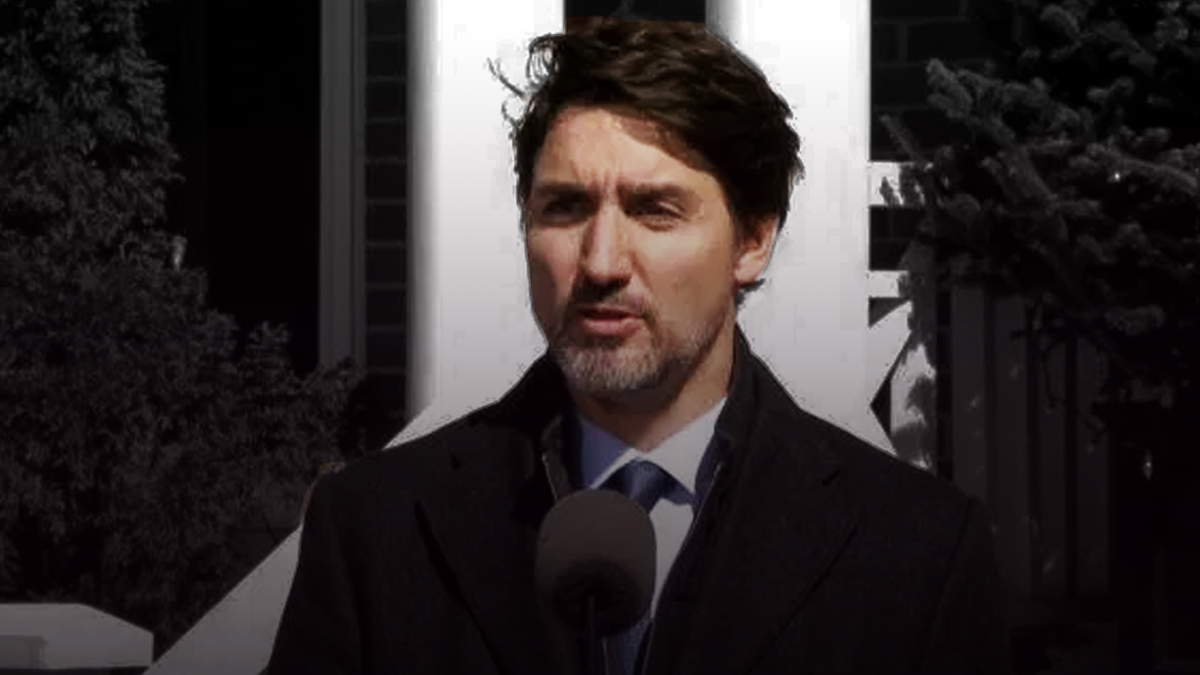Two more Canadian citizens have been arrested by the Chinese government on trumped-up charges.
Peter Wang and Ruqin Zhao immigrated to Canada in 2002 and now they’re behind bars in Chinese prisons according to the Globe and Mail.
Authorities are accusing the couple of defecting to Canada with military secrets after working in Toronto as engineers. The two used to work on military research projects in China before immigrating here.
According to Chinese state media, the pair were sentenced in 2019. Wang was sentenced to serve three years, while Zhao received two years.
Chinese media reports played up the arrest as a victory against the US and claimed Wang confessed to “very, very serious” crimes. The couple was accused by state media that their actions pose “a major threat to [China’s] military and scientific security” and that they “had a large number of our scientific research secrets and engaged in work in the same field after going abroad.”
The two join several other Canadians who have been arrested and imprisoned on questionable grounds, including political prisoners Michael Kovrig and Michael Spavor.
The federal government has yet to issue public statements on the pair’s case.
According to Global Affairs Canada, the department “has closely followed the cases of Mr. Wang and Ms. Zhao. Canadian officials have had consular access to and are providing consular assistance to Mr. Wang and Ms. Zhao.”
Kovrig and Spavor have been held in Chinese prisons for well over a year since being illegally detained in retaliation to the arrest of Huawei CFO Meng Wanzhou.
US authorities are seeking to have Meng extradited to the US over a number of bank and wire fraud charges related to Huawei’s alleged dealings with Iran, contravening American sanctions.
Meng has been held under supervision at her multi-million dollar Vancouver mansion. In a letter marking her year spent under house arrest, Meng complained that her time reading books “from cover to cover” and completing oil paintings were “the worst days of [her] life.”
Since the coronavirus pandemic began, Kovrig and Spavor have been denied access to consular services or visitors.



